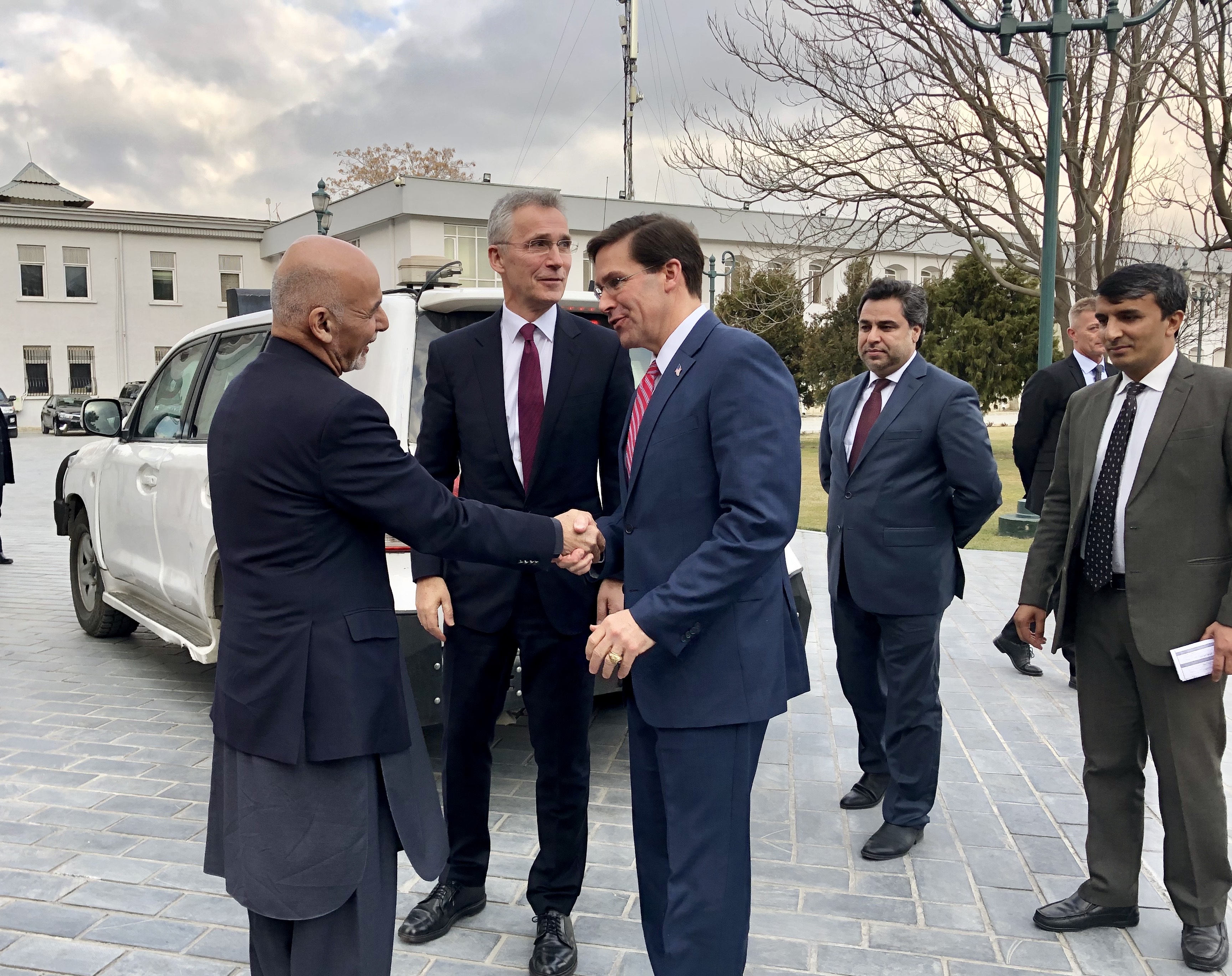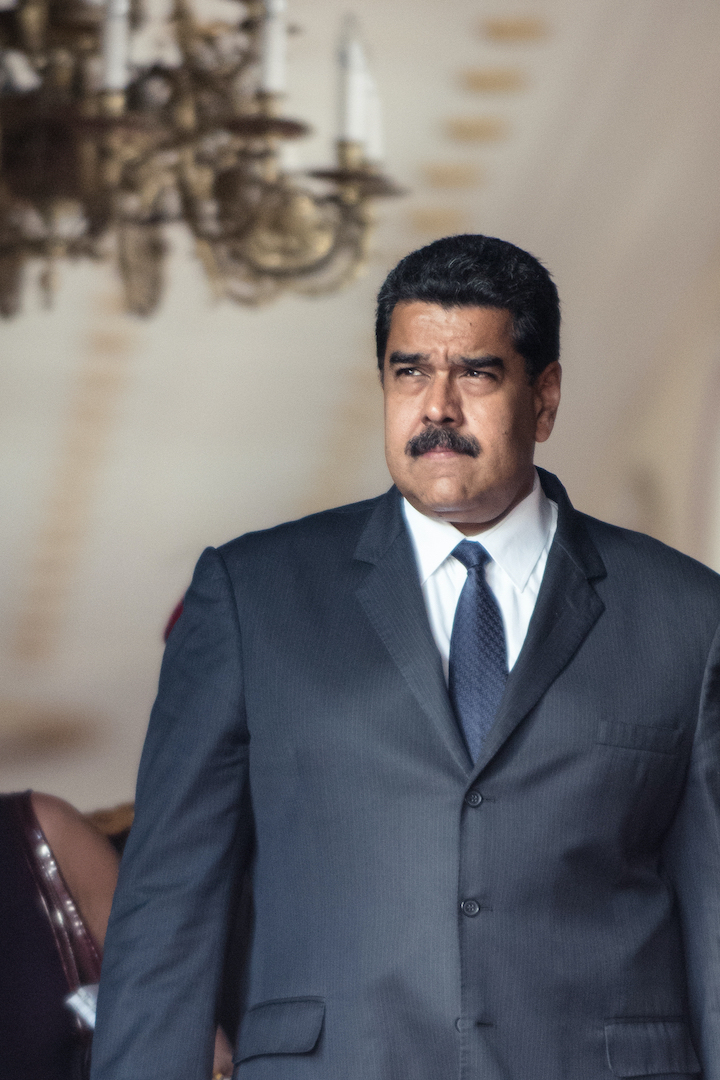The Afghan government and the Taliban announced on March 25 they had been discussing prisoner releases through Skype as the coronavirus pandemic has curbed international travel, according to Al Jazeera.
Zalmay Khalilzad, the United States special representative for Afghanistan reconciliation, has led peace talks between the Afghan government and the Taliban through hours-long video conferences, according to NPR.
“Technical meetings will continue to make sure the process goes smoothly,” Khalilzad said, referring to the conference between the representatives of the Afghan government, the International Committee of the Red Cross, the U.S. and the Gulf state of Qatar.
Despite the conference running smoothly, Al Jazeera reported the Afghan government and the Taliban proposed a different number of prisoner releases; the Afghan government suggested 1,500, whereas the Taliban proposed the government should release 5,000. It is uncertain how many prisoners will actually be released.
The deal was rumored to start peace talks between the two sides, which have been involved in a four decades-long conflict. The deal was also meant to create a power-sharing accord which would allow NATO forces and most U.S. citizens to withdraw from Afghanistan, according to NPR. However, because of the released prisoner disagreements, along with a political feud between rival Afghan politicians, the deal suffered setbacks.
Suhail Shaheen, a Taliban spokesperson, tweeted “The meeting decided the release of the prisoners will practically start by the end of March,” referring to the negotiations under a U.S.-brokered peace process, according to Al Jazeera.
Khalilzad also advised the prisoner releases should take place “as soon as possible” because of the growing coronavirus pandemic.
Khalilzad tweeted on March 25, “The Taliban commit that released prisoners will abide by the commitments made in the peace agreement and not return to the battlefield,” and the violation would undermine the peace process.
Khalilzad also said the pandemic affected U.S. President Donald Trump’s foreign policy, as the deal between the Taliban and Washington required Afghan President Ashraf Ghani to release 5,000 prisoners without preconditions.
In Afghanistan, at least 337 coronavirus cases have been confirmed as of April 5, but there are growing fears among its population and government since thousands of Afghans will return from one of the worst-affected nations and Afghanistan’s neighboring country, Iran.
According to CNN, approximately 3,000 new cases of coronavirus were reported as of March 31, adding to a total of 44,606 total cases in Iran. According to Iranian Health Ministry Spokesperson Kianush Jahanpoor, the country’s death toll was 2,898 as of March 3, while 3,703 hospitalized patients remained in critical condition.
U.S. Secretary of State Mike Pompeo said Washington is “disappointed” in the country’s rival leaders, which led to a decision of slashing $1 billion in U.S. aid to Afghanistan due to the inability of those leaders to form a government, according to NPR.
Pompeo also said that last year’s disputed presidential election between Ashraf Ghani and Abdullah Abdullah, resulted in “harmed U.S.-Afghan relations and, sadly, dishonors those Afghan, Americans and coalition partners who have sacrificed their lives and treasure in the struggle to build a new future for this country.”






